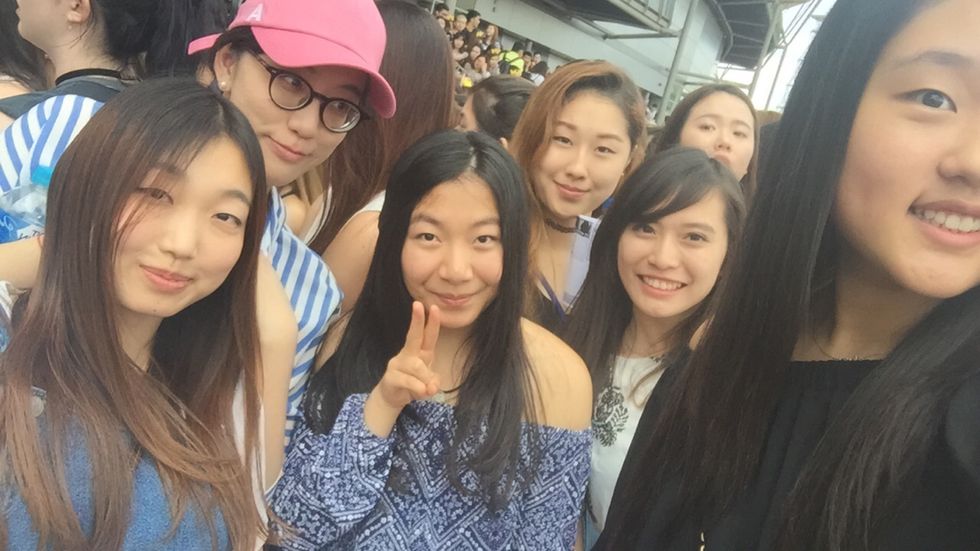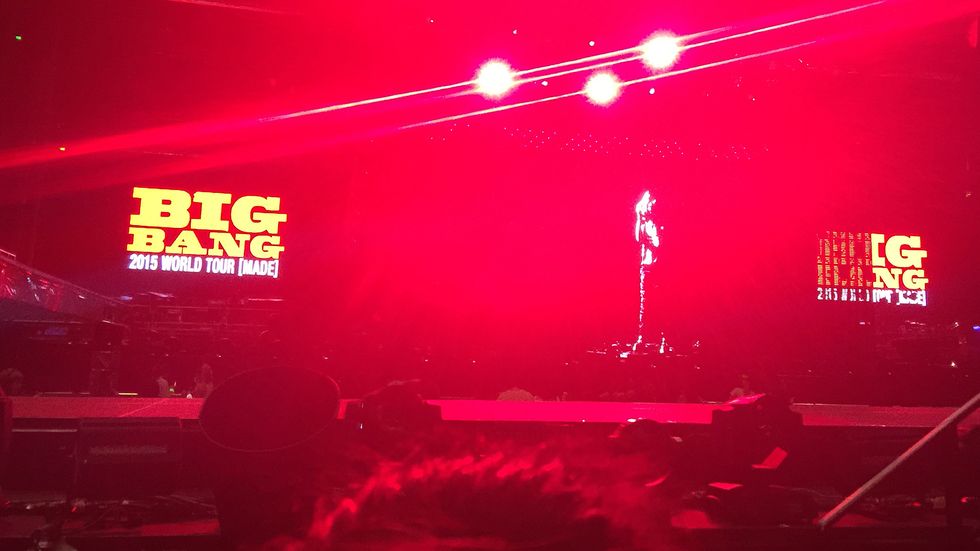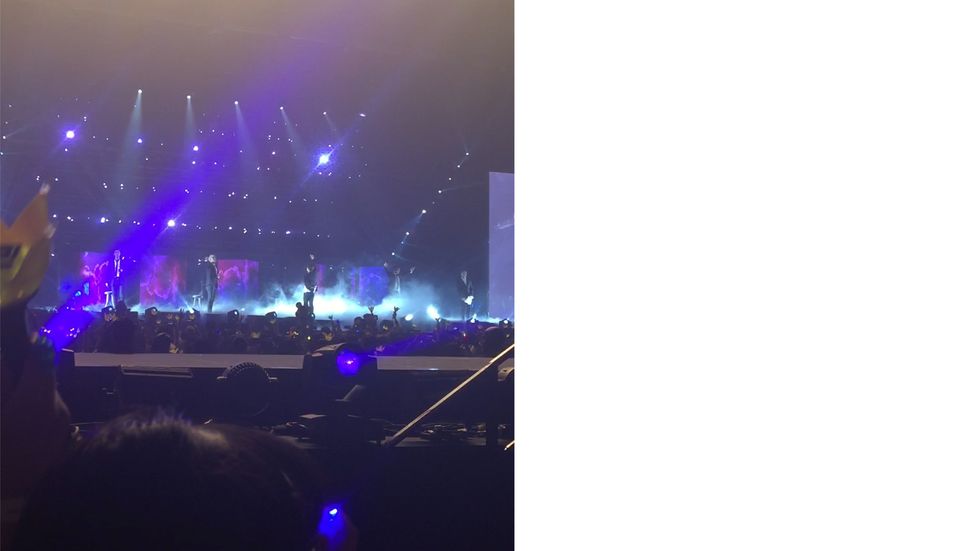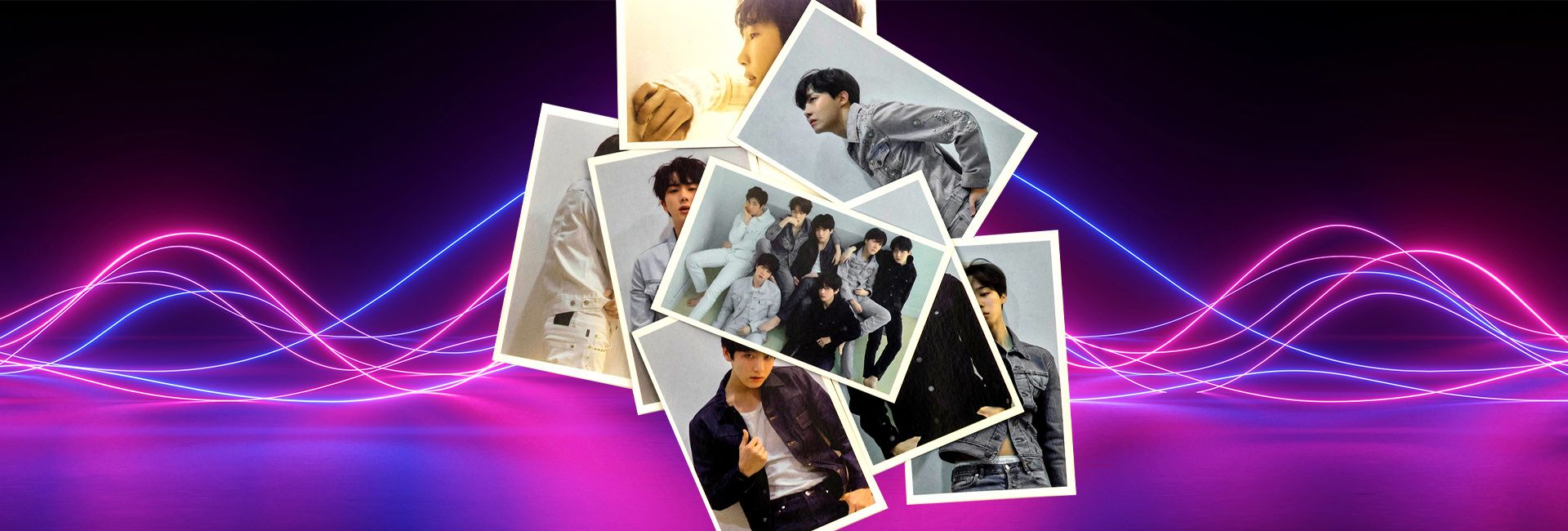Click through to Best of 2020 to discover the Newsworthy articles with greatest impact: whether by highest page views, social media engagement or reportage on important social issues.
COMMENT
When people find out I'm Korean, I get three questions.
- What K-dramas do you watch?
- Who's your bias in BTS?
- Are you North or South Korean?
After years spent hiding my addiction to K-dramas (I've binge-watched hundreds of hours) and secretly listening to older Korean groups like Big Bang and Girls Generation, only now can I answer these questions with confidence.
Everyone knows that BTS are at the apex of global pop culture right now. In September, South Korea watched like a proud mum over their favourite seven sons as they took the No. 1 spot on the US Billboard Hot 100 Chart for two weeks straight, with their first fully English-language single "Dynamite". Thanks in part to this global surge in recognition, their record company, Big Hit Entertainment Co. is expected to raise close to 1 trillion won (A$1.2 billion) in its Initial Public Offering later this month.
Watching K-pop groups thrive in the United States this year, it has felt strange to witness the predominant faces of pop music morph from Western stars such as Justin Bieber, Ariana Grande and Harry Styles into faces that look like mine.
In the past, when my non-Korean friends made fun of koreaboos (a non-Korean who is obsessed with Korean culture), I used to hide my love for anything K-pop-related and laugh along too. You can easily spot a koreaboo: they are always posting updates of their bias (their favourite K-pop star) on Instagram, carrying photos of their bias on their phone case, calling their idols oppa (big brother) and using the smattering of Korean words they have picked up from the multitude of K-dramas available to stream.
I am still shocked to find people coming up to tell ME the facts of K-pop (as if I don't know already).
These koreaboos knew more about K-pop than me and were more confident about loving it than me, a Korean. In 2013, I remember sitting on the bus playing G-Dragon's new song "Crayon" when my friend tapped my shoulder to ask what I was watching. I immediately flipped my phone down hoping she hadn't got a glimpse of the neon colours, cotton-candy hairstyles and flashy outfits. I was afraid she would judge me for liking music that was considered too quirky or categorise me as too "FOB" (fresh off the boat). In 2015, when I told my friends I was going to my first ever pop concert, to see K-pop superstars Big Bang, they were confused. Big Bang Theory? they asked.
Big Bang brings out Sydney's K-pop fans
ISABEL SONG
Isabel Song, right, at her first concert, K-Pop legends Big Bang



I felt stuck between two cultures. It felt like I was labelled either "not Australian enough" for being Asian, or "not Korean enough" for not enjoying K-pop (when I secretly loved it).
For as long as I can remember K-pop has been trying to break into the mainstream. Suddenly, in 2020, Korean idols are no longer considered foreign, undesirable or uncool. What changed? Was it that people like me stopped hiding their K-pop bias and came clean? Was it their English language songs? Was it COVID and all the extra lockdown screen time?
"BTS were a surprise," said Brett Smith, a senior music producer at SBS PopAsia. But he sees a similarity between K-pop music and the Western pop music formula. "I know that 50 seconds into a song the hook is still gonna come up for me ... the same as pop music across the world ... and no one does a music video as well as K-pop, they're incredible."
Now, commercial radio is finally giving K-pop a foot in the door. "2DayFM ... weren't willing to give BTS a proper spin because it's in Korean... but with "Dynamite", I've heard that a fair bit on commercial radio now across all times of the day," Smith said. "Now because of BTS, a lot of Western record labels are trying to sign heaps of K-pop artists for worldwide distribution."
Beyond Asia, the wider world's discovery of K-pop has launched an interest in Korean beauty, food and television shows. Sydney student Hilary Lee, a fan of Korean boy band NU'EST, believes if she hadn't got into K-pop, "my makeup style and fashion style would be completely different".
BTS's success has paved the way for other artists such as BLACKPINK, who have recently collaborated with Western stars Lady Gaga, Selena Gomez and Cardi B. In this "COVID-normal" world, K-pop groups are building their international fandoms using digital platforms. BTS now has 29.5 million followers on Twitter. SBS PopAsia's Smith said one feature of K-pop gives them an advantage over Western musicians at this time. "K-pop is a lot more controlled. Western artists might release one album every two years, whereas K-pop might release three mini albums in one year. So, if you're a K-pop fan, you get a lot more music from your artists."
BTS is not even my favourite K-pop act, that's Zico, but I feel a weird sense of Korean pride watching them succeed. I am still shocked to find people coming up to tell ME the facts of K-pop (as if I don't know already), excited that they can sing Korean lyrics or to show me a new K-pop dance they have mastered. To me, K-pop has become bigger than a music genre. Seeing people embrace Korean culture has helped me learn that my heritage is something to celebrate. It turns out K-pop was always cool. I wish I'd realised that earlier.
So, to answer your three questions:
- I am currently watching Netflix's new K-drama, Record of Youth.
- RM is my BTS bias.
- And I am a proud South Korean-Australian.






Afraid of an egg: the tyranny of living with social media's body standards